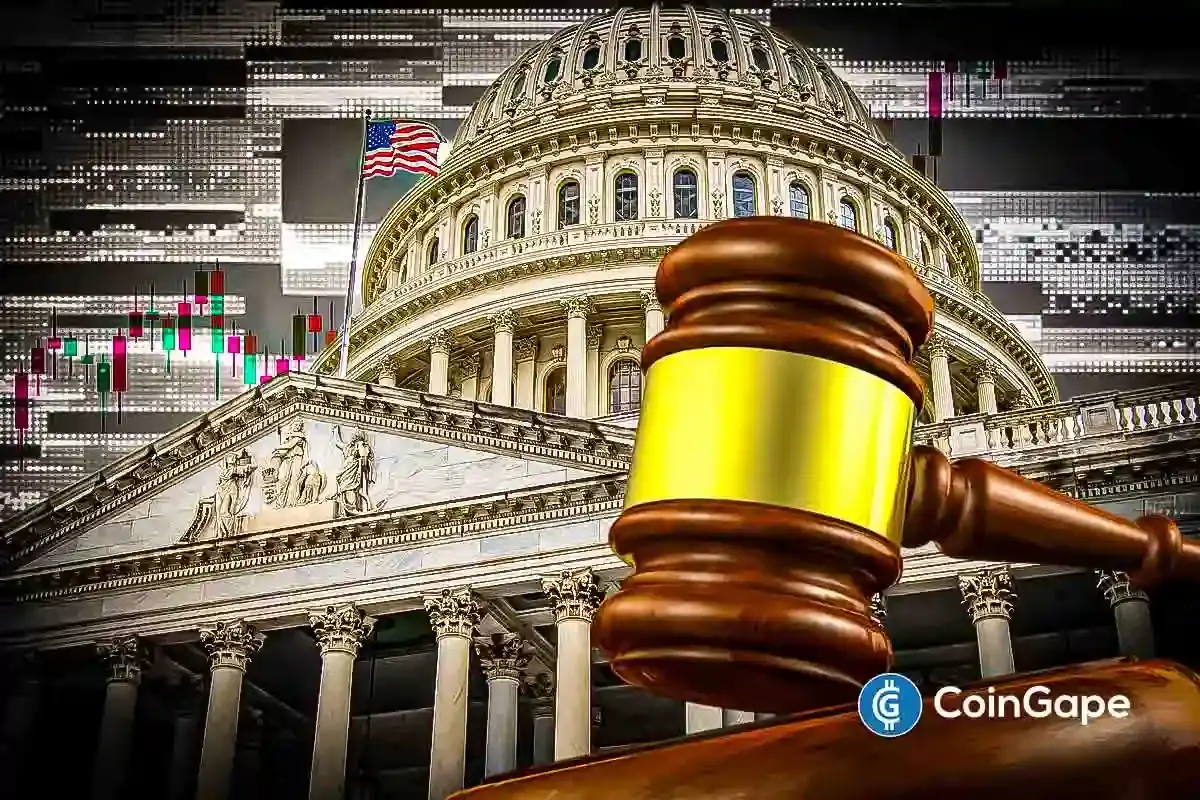Lawsuits Against Coinbase Insider Trading & Stealing Customer Funds

Coinbase San Francisco has been hit with lawsuits that allege insider trading and unlawful business practices. This came just a few days after IRS’s demand for its 13,000 customers’ trading history.
Also read: Is Coinbase Commerce Really a Good News for Bitcoin?
Lawsuit 1: Coinbase insider trading involvement
The US exchange Coinbase is under some serious legal trouble. First, Coinbase has to deal with the attention of the Internal Revenue Service of US demanding the exchange to handover the trading histories of its customers. A few days back, Coinbase gave the records of its 13,000 clients to the authorities.
Now, the lawsuits have been filed on 1st and 2nd March that point out insider trading and unclaimed cryptocurrency funds.
Jeffrey Berk, the lead plaintiff in the lawsuit alleges:
“On December 19, 2017, a month after tipping off its own employees as to when it would commence fully supporting BCH, Coinbase suddenly announced that it was opening up its books to the buying and selling of BCH within minutes after its announcements.”
He further states in the next point that:
“Unsurprisingly, those who had been tipped off, immediately swamped Coinbase and the GDAX with buying and sell orders, thinning the liquidity but obtaining BCH at fair prices. The market effect was to unfairly drive up the price of BCH for non-insider traders once BCH came on line on the Coinbase exchange.”
Coinbase did its own investigation into the allegations of insider trading as well when the bitcoin price doubled on Coinbase as compared to other exchanges. However, it has not revealed if the investigation is finished or if any action has been taken against any of the employees. Now, the lawsuit is asking for a jury trial to resolve the matter.
Lawsuit 2: Unlawful Business Practices
The second complaint is filed by Jeffrey Hansen and Timothy G Faasse that further says “individually and on behalf of all other similarly situated” accuses Coinbase of unfair and unlawful business practices.
It is claimed by the plaintiff that Coinbase stealing money that is unclaimed cryptocurrency that is referred as being similar to a situation where someone writes a cashier’s check to a payee who doesn’t cash it. Thus the bank decides to keep the funds.
The plaintiff states that:
“Coinbase users can send Bitcoin, Ethereum, Litecoin and Bitcoin Cash (collectively “Cryptocurrencies”) to an email address. Plaintiffs and the Class were sent an email from Coinbase stating they had Cryptocurrency, with a link to create a Coinbase account to redeem it. But until 2017, most people never heard of a “bitcoin” or cryptocurrency, so most of these emails were disregarded. And most of the Cryptocurrency went unclaimed.”
In the next point, he further illustrated:
“But instead of notifying Plaintiffs and the Class they had unclaimed Cryptocurrencies or turning those Cryptocurrencies over to the State of California as required by California’s Unclaimed Property Law…Coinbase kept them.”
Now, they are basically asking for a solution where the exchange should return the cryptocurrencies to their intended recipients.
What are your views on Coinbase getting hit with lawsuits? How do you think it will affect its credibility and market value? Let us know below!
Play 10,000+ Casino Games at BC Game with Ease
- Instant Deposits And Withdrawals
- Crypto Casino And Sports Betting
- Exclusive Bonuses And Rewards

- Vitalik Buterin Exceeds Planned Ethereum Sales as Total Liquidations Hit $35M
- Circle Stock Jumps 35% on Stablecoin Boom, USDC Supply Soars 72%
- Democrats Convene US Senate Crypto Bill Meeting as a16z Briefs Republicans on CLARITY Act & AI
- After 820% Gains: Privacy Coins Evolve into Payment Rails
- Bitcoin Price Rebounds as Jane Street “10 am Dump” Pattern Stops Amid Lawsuit
- Dogecoin, Cardano, and Chainlink Price Prediction As Crypto Market Rebounds
- Will Solana Price Rally to $100 If Bitcoin Reclaims $72K?
- XRP Price Eye $2 Rebound as On-Chain Data Signals Massive Whale Accumulation
- Ethereum Price Reclaims $2K- New Rally Ahead or a Temporary Bounce?
- COIN Stock Price Prediction as Wall Street Pros Forecast a 62% Surge
- Cardano Price Signals Rebound as Whales Accumulate 819M ADA

 Buy Presale
Buy Presale

















